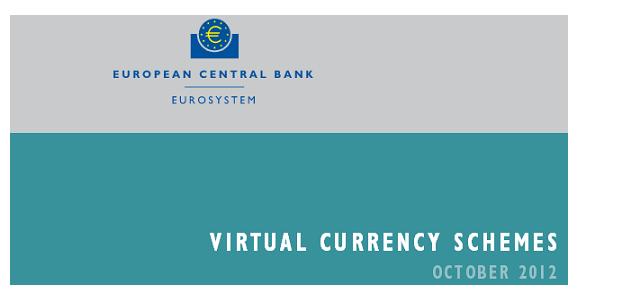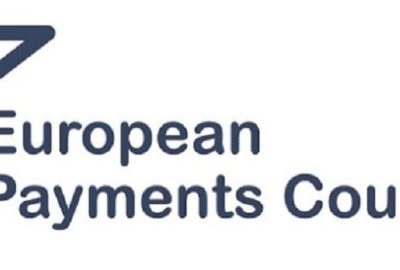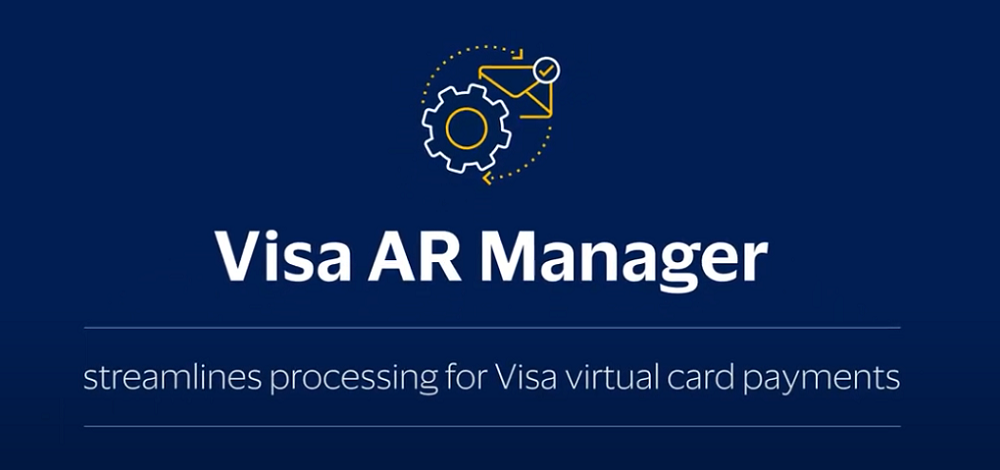European Central Bank released a report on the proliferation on virtual currency

Last week the European Central Bank became the first central bank institution to issue a report on the proliferation of virtual currency, examining the potential impact of growth and the affect it could have on the ECB and money supply at large. The report focused primarily on Bitcoin and Linden Dollars, two virtual currencies that have attracted the most attention in the field, and which exhibit highly divergent characteristics. The report estimates the global virtual currency market could be north of $9 Billion in value, and is growing. It divided virtual currencies into three categories: closed loop systems (virtual gaming), semi-open systems (Ven, Linden and QQ), and bilateral open exchange systems (Bitcoin).
In a nutshell, the view of the ECB is that virtual currencies are still small and unregulated, and that their current impact is largely confined to the users of these systems. They identified major areas of risk around these currencies, focused on credit, liquidity, operational and legal issues, and suggest that over time, the growth of these systems could impact the economy at large, as well as the reputation of central banks around the world.
„The level of safety is clearly below that of commercial bank money, as commercial banks are subject to prudential requirement and are supervised in order to reduce the likelihood of default, thereby improving the safety of claims on these institutions. This is a fundamental risk relating to virtual currency schemes, which do not involve any kind of supervision of the settlement institution or oversight of the system, and therefore no one is accountable for their acts. Nor is there any kind of investor/depositor protection scheme in place. As a consequence, users bear all of these risks themselves.”
Their conclusion that the growth and development of virtual currency systems merits watching, and further review down the road, is a big statement about the viability and growth of these systems, and the first clear recognition that the ECB expects virtual currency to potentially impact the global financial system. At the core of concern is the remote chance of material diversification of the monetary supply, a function typically held in monopoly by the world’s central banks, as well as reputational risk if consumers come to expect action from central banks to control virtual currency alongside traditional monetary placements.
In fact, the ECB seemed sanguine about the inevitability of growth in these systems, and the difficulty in regulation inherent with global platforms that span borders:
„Virtual currency schemes may be inherently unstable. Nevertheless, for the time being they do not jeopardise financial stability, given their limited connection to the real economy, the low volumes traded and the lack of wide use acceptance. However, developments should be carefully monitored, as the situation could change substantially in the future.”
Advocates of virtual currency may view the report as a kind of small victory – long having waited for some directional indication from the ECB about its stance toward virtual economies, and the currencies that drive them. It appears that for the moment, a quiet nod has been given for their continued development, with their inherent risks duly noted.
Download the full ECB Report on virtual currencies schemes
Dariusz Mazurkiewicz – CEO at BLIK Polish Payment Standard
Banking 4.0 – „how was the experience for you”
„To be honest I think that Sinaia, your conference, is much better then Davos.”
Many more interesting quotes in the video below:












